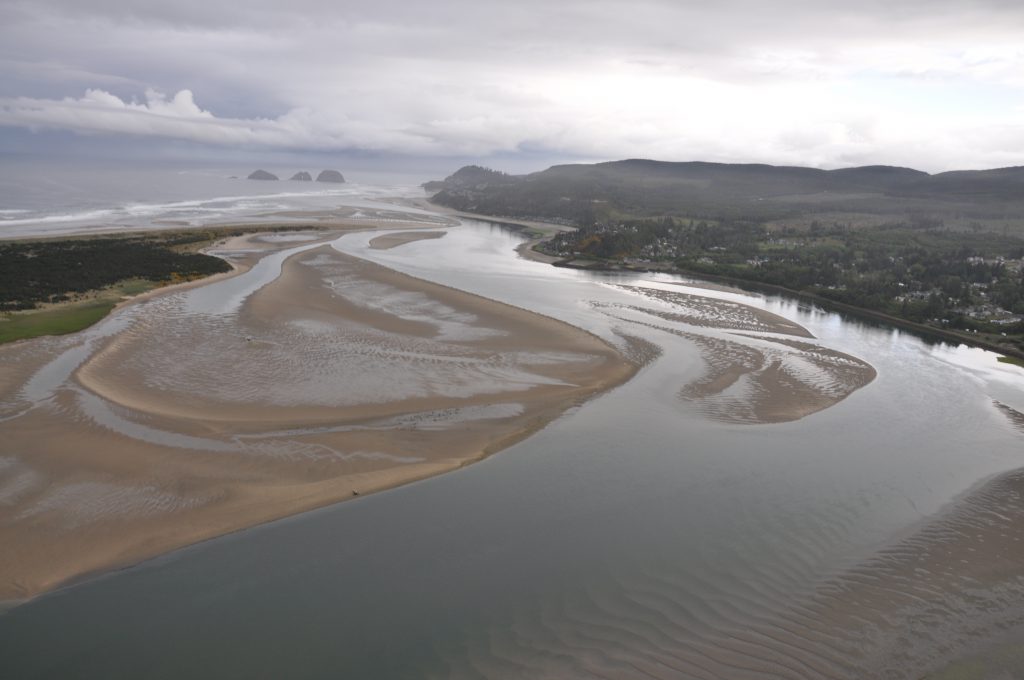Webinar: “Managing coastal acidification: The challenges and opportunities of using water quality criteria”
Northeast Coastal Acidification Network (NECAN) NECAN is pleased to announce the inaugural webinar, of our second webinar series, presented by Dr. Aaron Strong on Tuesday, November 1 at 10:00 am ET. As awareness of both the potential socioeconomic impacts of coastal acidification and its multiple drivers has increased, there has been increasing attention to the policy tools that […]



